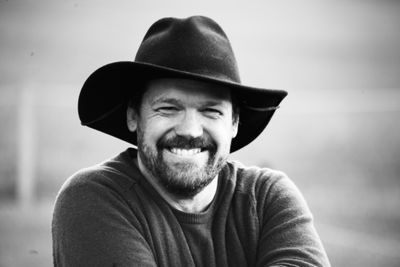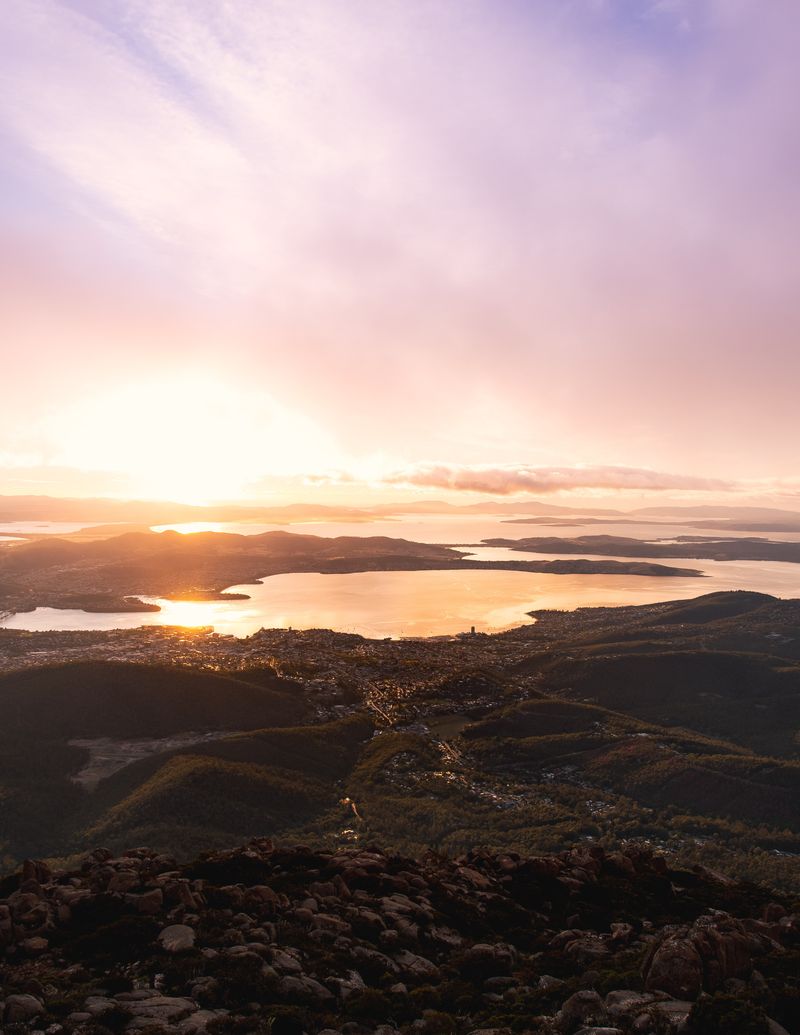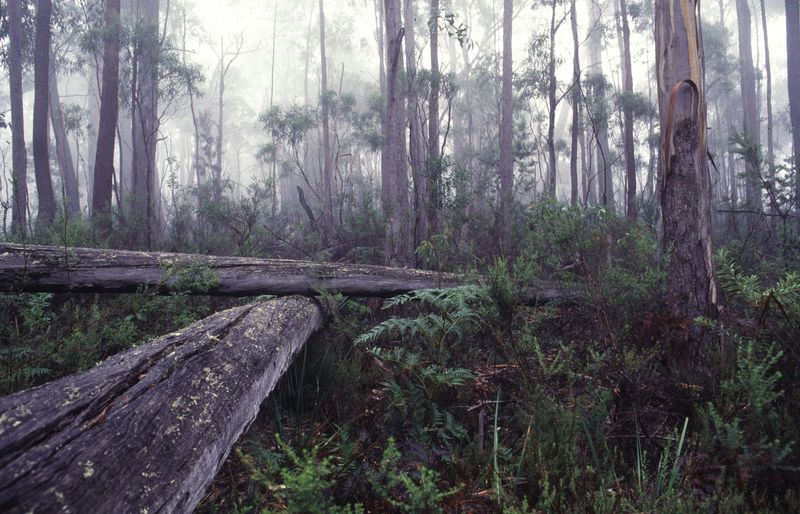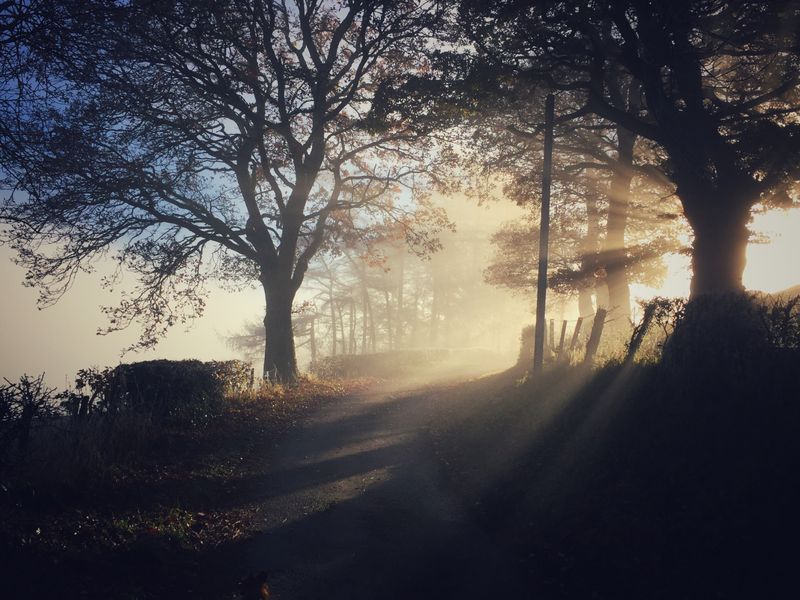Continuous drone of traffic. Seagulls and the aluminium clink of boat rigging. Flags snapping in the breeze.
People arriving and leaving in a steady stream; people on bikes, people strolling in expensive shoes, people walking together in unconscious intimacy. A man in knee high red socks, shorts and cloth hat. Another man in a tailored suit and grey suede sneakers. People buying seafood, looking at maps, cradling a handbag, looking at a phone, talking on a phone, swinging a water bottle, carrying a child on shoulders. People, so many.
I am sitting next to my parked bicycle, legs dangling over the edge of the wharf, smelling the sea, listening to the throng.
Downtown Hobart, Tasmania, at the edge of a land known as nipaluna to it's first peoples. Mid-December, summer in the antipodes. Below me the water is glossy green and black. The seafloor is barely visible, except for the ghostly pale shapes of Northern Pacific Seastar, an invasive starfish, so destructive in these waters.
I think of this blog project, tiny in the world of people, large in my own life, and feel a very familiar strangeness—so familiar that there is an effort in remembering that life would be saner without it: no one here appears in the least concerned that ecological collapse is becoming more possible by the day. But I would not expect to see any traces, of course. It doesn’t show on our faces, or what we carry in our hands.
Will it ever? It feels entirely possible that we might enter critical phases of cascading collapse within the same shared milieu of common thought-scape—worrying about tax time, our scrolling habits, Christmas shopping.
I feel no aloof feelings here, nothing to set me apart. I might be in a more philosophical mood than the average passer-by, no more than that, and very much afloat on the tide of humanity flooding the Earth, from Hobart to Johannesburg to Helsinki, Port Moresby to Port of Halifax. But it does strike me that I need to know, as clearly as I can—who am I here, and what do I offer?
The cycling shoes I’m wearing, the devices in my panniers, the breathable raincoat stowed there; it all smells of high ecological footprint living, a person swept along in the river of material offerings that marks our time on this planet. I could never stand apart from this predicament, quite the opposite.
In that sense, all I have to say in this post, dear reader, is that I’m here for this project with my whole self, but that whole self is no-one unusual, no message-bearer, no expert.
If I have anything to offer, its much wrapped up in privilege and what that privilege affords. I’ve managed to wrangle a life that is low in overheads relative to the wealth my country offers, and I use the carefully wrested time to engage daily with what it means to be in a time of collapse. It all has to fit in, of course, with things like constant financial concern, single parenting, efforts to maintain health and relationships and obligations—a pared-down version of standard Australian lifestyles.
I grew up in Fremantle, another port town on the other side of this continent. I had the privilege, as a kid in Western Australia, in the seventies and eighties, to spend countless hours wandering in the bush—coastal heathlands, jarrah, karri and marri forests—and the scrubby suburbs on the banks of the Swan River.
I also wandered dreamily into a strong education, if not a vast one. My exposure to literature, and the nature of language, still feels broad and deep, when I look back on it. And much later I was able to swing my focus to become a designer of sorts, trained in spatial awareness and structural soundness and drafting table skills, as well as the abstracted visual language of CAD and BIM software. Ostensibly it was for the purpose of designing houses, but what really entered my brain, accidentally but permanently, was a sense of the deep relevance of metacognitive design thinking to our modern predicament.
Like many of my generation, as a young adult the privilege to travel seemed like a standard offering, but worth dreaming about. So I got on planes, and I’ve been brought to my emotional knees by the evidence of colonial economic violence, by the poverty and desperation of people in East Africa and Madagascar and South-East Asia. In contrast, I’ve also witnessed the grey banality (and pockets of remnant wild beauty) of working life in England and Scotland, where my ancestors lived their lives. But mostly, I think travel impressed on me just how much, almost everywhere it seems, the non-human communities of the world—forests and heaths and creatures and rivers—have been brought to their knees, oppressed and fragmented and weakened.
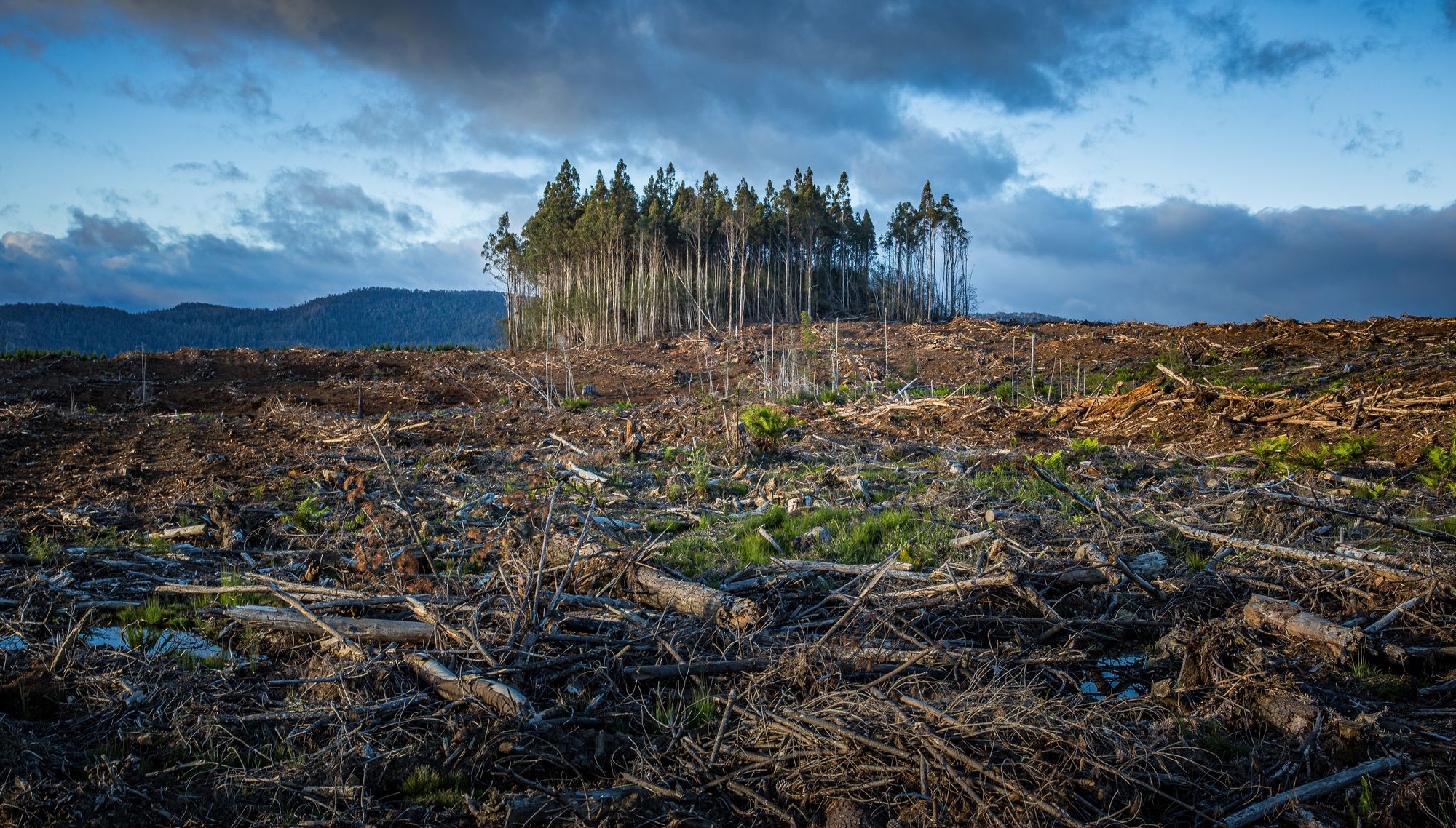
And you can't help wonder about, and extrapolate on, where all this is heading.
And now I filter these things through a lens of respect for hand-work, having lived as a homesteader and a builder of small buildings and garden structures for food production. Then, as mentioned, I bend my observations further through an obsessive design lens, a passionate amateur’s vision of what might be possible for a future practice of ecologically sensitised design.
None of this feels at all remarkable, as I sit on the busy wharf among the smells of seawater, petrol fumes and chip fat. Except that maybe one day such ordinary lives might come to seem lavish in a context of enforced simplification, after round upon round of economic contraction and fracture.
What all this means for me—having held that perspective of possibility for about a decade, and having gone on a journey of purpose that has been economically challenging and socially isolating—is complex, of course, but I arrive at this moment on the wharf with two main feelings:
Number one is that I have barely scratched the surface, if there is one to scratch, of what it is to be aware of collapsing global systems. I feel very small in this context. And even though I’ve stretched my own capacity to hold its complexity beyond what I thought I was capable of, I know that the real complexity of what we hold before us as a human community is beyond my imagining, and thus leaving comprehension without a snowflake’s chance in hell.
Number two, though, is a feeling that sometimes appears to run counter to the first: I feel a responsibility to share what I’ve glimpsed on this journey, as I have glimpsed some profound possibilities for empowering ourselves and developing agency in a situation of likely collapse. And contrary to how it might sound to say 'I feel very small', what I've glimpsed gives me confidence that smallness does not equate to limited agency. More on that later.
But this means I have to organise my thoughts, get my shit together, get my ducks lined up, so to speak, and not just sit in stupefied wonder at the hugeness of the first feeling.
What this all means for you, perhaps, is that this project, along with my podcast, is two corresponding things:
One, it is a wide-open enquiry, in which I will look into anything that feels promising in regard to aligning our lives to a better, more human, more ecologically sensitised future. In this, I will be bumbling along and making it up, and blindly learning whatever I can.
For this journey I’m hoping for nothing more than your companionship, as a reader, if you so choose to follow.
And two, it is an offering of things learnt, in which I’ll give whatever I can if I feel confident that it has some value to our shared context. I feel grateful to sit within an ecosystem of ideas and viewpoints and approaches that, in their entirety, allow me to make some sense of the situation, and feel some sense of agency and purpose in life. Those are feelings that I know to be difficult to obtain in this world, so steeped as it is in alienation, doubt and grief.
This I hope to share with you, as best as I can access it in words, written and recorded.
This is what I carry to the edge of the harbour, what sits with me as I sit within the flow of people in this busy community, dangling my legs over the water. No expertise, no comforting comprehension. But glimpses of the possible, connected to the present. And therefore only one path available: further exploration. And one thing to offer: an invitation to join me.
I hope that is enough. I hope, very much, for your company.
Images 1. Laura Barry / 2. Matt Palmer
Comments? If you would like to say something about this post, I'd love that. For personal reasons, I don't enable comments on the blog site, but please feel free to write to me—andy@wearehumans.com.au

